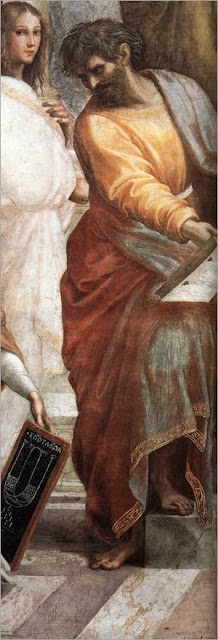I heard a claim recently that science has surpassed religion. It has done so by answering the problem of life, or how life came about. Apparently this is something that the hallowed discipline of religion has been unable to accomplish to date.
 With this religion is (apparently) surpassed by science in terms of life explaining power. Chaos and evolution provide natural mechanisms for what could before only be explained by God, the original engine and judge of creation.
With this religion is (apparently) surpassed by science in terms of life explaining power. Chaos and evolution provide natural mechanisms for what could before only be explained by God, the original engine and judge of creation.
But let's be serious for a moment. Even if we accept these natural mechanisms (indeed, I would say that both chaos and evolutionary theory are beautiful and true), is this power couple a superior solution to the problem of life than God? Has science surpassed religion?
One simple question decides the matter for me: Can we shout with joy before the mindless generations and selections of nature? Are these above all praiseworthy or creative of the good? Can we deny that a more mindful creative power is at work? Or could be at work and should be at work?
One simple question decides the matter for me: Can we shout with joy before the mindless generations and selections of nature? Are these above all praiseworthy or creative of the good? Can we deny that a more mindful creative power is at work? Or could be at work and should be at work?
I don't think so. I don't think anyone can seriously think so. Therefore science has not surpassed religion.
Thanks be to Job.















